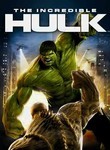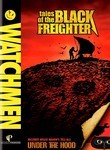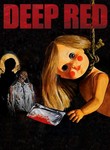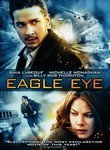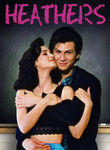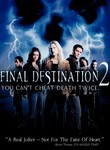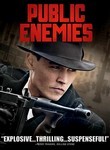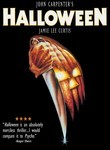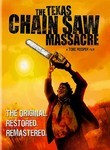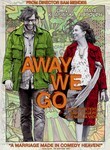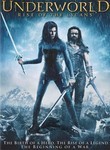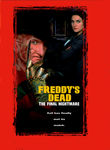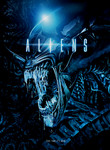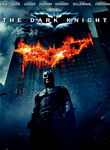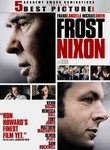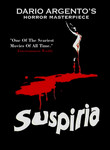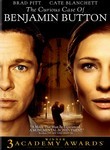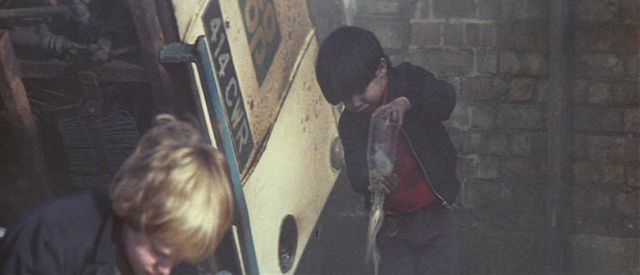
His free society threatened by a Persian onslaught, comically thick-bearded King Leonidas assembles 13 warriors with painted-on abs to preserve Sparta. He leaves his Queen behind to deal with a text-messaging traitor (named Traitoro) and a slew of other goofy characters as he marches forth, encountering irreverent pratfalls the manner of hip-hop dance-offs and bouts with recognizable heroes from other films. Sean Maguire impotently leads Travis Van Winkle and Kevin Sorbo among others in this game of kiddie dress-up that fumbles hopelessly with the ancient Greek setting established in Zack Snyder's 2007 film
300.
The spoof genre can be split in two categories. In one column are films such as the incomparable
Young Frankenstein and the more recent
Tropic Thunder that manage to stand on their own while simultaneously sending up their respective sub-genres. In the other are the cartoonish likes of
Airplane! that bring the laughs via pop culture reference. The second column has been seeing a downturn in quality since its inception mostly due to an increasingly heavy reliance on the audience's familiarity with its subjects and a lack of focus regarding the style of humor.
There have been occasional successes. 2001's energetic
Not Another Teen Movie does require knowledge of two decades' worth of adolescent fare but its predominantly low-brow shenanigans deliver far better than those of its contemporaries.
Walk Hard: The Dewey Cox Story is also a hysterically radiant fluke that succeeds in nearly every one of its intentions. For the most part, however, we have the spawn of
Scary Movie. Yes, stupidity had stooped to extreme depths previously (IE
Naked Gun) but it was
Scary Movie's success with youngsters (of which I was admittedly one at the time) that spurred a band of boorish sequels and similarly insipid, poorly aimed copycats. Taking near exclusive blame are Jason Friedberg and Aaron Seltzer, Hollywood's equivalent of the annoying kids who belch and make fart noises during third grade story time. They have somehow persisted with Uwe Boll-like resolution to bring us pieces that would be complimented to be labeled 'schlock.' Still though, it would appear their oafish incompetence has further inequities to peddle.
Meet the Spartans is a cinematic abortion of would-be epic proportions.
The premiere issue with
Meet the Spartans, which appears to have been shot in a basement, is the inability to locate its brand of humor (the term 'humor' being used here in its loosest form) as its tone leaps carelessly and inconsistently between being referential, toilet-oriented and gross-out in fashion. Not thirty seconds in we are subjected to a bafflingly unfunny vomit joke. It serves as a warning for the array of barf, mucus, pus and diarrhea jokes to come and abruptly establishes the odd places from which Friedberg and Seltzer draw their pop culture references. This may be difficult to believe, but the source of the vomit joke in question is a mock-up of a Shrek-baby. How someone thinks a
Shrek the Third reference even begins to fit within Spartan trappings I'll never know.
Beyond the upchucking infant we are given a spasmodic patchwork of jokes about movies (
Stomp the Yard,
Spider-Man 3), television shows (
American Idol,
America's Next Top Model) and advertisements (
Gatorade,
Budweiser) and other forms of entertainment. These pseudo-sketches come so far from nowhere they'll make your head spin if you happen to be somehow invested in the proceedings. One of the many things
Meet the Spartans doesn't realize is that merely recreating settings from popular media with no spin whatsoever isn't funny. The Dentyne Ice ad is just that - an ad. The
Deal or No Deal scene is straightforwardly a
Deal or No Deal scene. The insulting movie actually stoops low enough to showcase a popular YouTube video. No punchline... just the video... that everyone has already seen and grown weary of.
If you're in the target demographic, you're likely up on entertainment gossip. If you're up on entertainment gossip, you've surely seen it all before and you've seen it better. Instead of quipping about, say, Britney Spears' infamous head-shaving incident, a Spears look-a-like is sloppily placed in the middle of a scene and... that's it. The hope, I suppose, is that audience members will think, "Oh hey, I remember when that happened" and make up their own jokes. It's even worse than
The Comebacks' use of the famous "if you can dodge a wrench" scene straight from the stronger spoof,
Dodgeball. Surprise, though!
Meet the Spartans wastes no time in rushing headlong into that exact scenario. The few, scant attempts at original humor are so tired they're practically comatose. About as original as it gets is a back-and-forth of "yo momma" insults.
So this movie at least partially parodies
300 (which is essentially a parody of itself anyway), right? Wrong. The closest we come to a decent lambasting of the swords-and-sandals actioner is an overt, lingering homophobia based on the fact that the male characters' bodies are mostly exposed. Aside from that, the gags really could be placed in any situation and be just as (un)effective. Friedberg and Seltzer are frequently credited as "2 of the 6 writers of
Scary Movie," implying self-awareness, but here a character declares, "this movie is a cheap rip-off of 300," making apparent that they are little more than ignorant children playing in a parasite-infected sandbox.
Leslie Nielson has proven several times that even the least inspired of spoofs can be semi-enjoyable if the acting is animated. Sean Maguire's lead performance doesn't seem to take any cues. In fact, the only person putting forth any sort of decent, comic performance is Travis Van Winkle in his small role as Sonio. Even Carmen Electra, a mainstay in these movies, seems sour and worn. She stumbles through her role with the finesse of a hand-me-down blow-up doll. It's sad to see even D-listed actors such as Diedrich Bader and Kevin Sorbo stooping to this level.
Even when a film is an almost guaranteed pile it can be fun to watch if only for verification or, with luck, a decent scene or two.
Meet The Spartans is just an immature, uninspired waste of time. Even at a brief 68 minutes (before the deleted scenes sequence) it seems drawn out, testing the limits of boredom, never crossing once into territory that at least makes one wonder what it'll do next. When
300's original King Leonidas famously stated, "Tonight we dine in Hell," I think he was referring to a screening of
Meet the Spartans.




